The Farm Safety Capital Investment Scheme (FSCIS) entry route of the Targeted Agricultural Modernisation Scheme (TAMS III) opened for applications on 1 June. News of the opening had been keenly anticipated, with reports indicating that a higher standard rate of 60% grant aid is fuelling more interest in this entry route.
Eligible investments are focused on enhancing safety on farms and include a range of livestock handling infrastructure, equipment for the safe handling of animals and buildings upgrades such as safe agitation points, sliding doors and roof light cages. A summary of eligible investment headings is detailed in Table 1.
Grant aid
Grant aid will be paid on approved, completed and eligible expenditure and will be paid at a rate of 60% up to the applicable maximum investment ceiling of €90,000 per holding.
Grant aid will be paid on the lower of the receipted costs or reference costs with the reference costs also setting the maximum investment figure.
For example, a mobile sheep handling race (including footbath) has a reference cost of €3,847.75. If you have a receipted cost of €3,700 then grant aid will be based on 60% of €3,700 (€2,220).
If on the other hand the unit costs €4,100 then the maximum payment will be 60% of the reference cost of €3,847.75 (€2,308.65). All costs are calculated excluding VAT.
Multiple applications can be submitted per tranche and applications must be submitted through the agfood.ie portal. This can be carried out by an applicant or an approved Farm Advisory System (FAS) agent approved to act on their behalf.
The minimum amount of investment for an application to be deemed eligible is €2,000 per application. This figure again is exclusive of VAT.
Heightened anticipation
The fact that the opening is so close to the deadline of 16 June 2023 for applications to the first tranche has also added to the eagerness surrounding its opening.
A second tranche of the scheme will open once the first tranche is closed but farmers hoping to carry out fixed investments this year really need to get their application submitted in the first tranche.
This is as there is typically a period of about three months from the closing of a tranche to receiving word on if the application is being approved.
With a tranche generally open for at least three months this would push approvals until late 2023 or in to 2024.
The terms and conditions of the scheme permit expenditure on mobile equipment following the submission of an application but there is no guarantee that subsequent approval will be received and therefore this expenditure is entirely at the risk of the applicant. Any expenditure carried out prior to an application being submitted is non-eligible.
The terms and conditions state: “Deposits/expenditure paid on or after the date of submission of an application are considered eligible expenditure.
“Installation or construction of a non-mobile investment cannot commence until written approval has been issued to the applicant(s). The commencement of construction or installation on investment work prior to approval is ineligible.”
The terms and conditions add that “where an applicant applies, places a deposit on an investment but reapplies under the scheme as they are unsuccessful in ranking and selection then the deposit will be allowed if there is no substantial change to investment details between applications”.
Ranking and selection
Proposed investments may be subject to ranking and selection. It had been expected that this would almost certainly be the case but a tight application window may limit applications. In any case, where applications are subject to ranking and selection the criteria set out in Table 2 will be used.
As can be readily seen, applicants aged 40 or under at the time of application will receive a higher mark, as will applicants who have not drawn down funding under TAMS II. Smaller holdings will receive a higher mark but this will be balanced out somewhat by an increasing points scale for holdings with up to 30ha of ANC lands. The final aspect is a higher scoring for less intensive enterprises.
Ministerial comment
The entry route was opened by Minister of State at the Department of Agriculture, Food, and the Marine with special responsibility for farm safety Martin Heydon TD.
He said: “I would urge all farmers to consider this opportunity for funding to invest in really practical investments to make their farms safer. The increase in grant aid for farm safety-related investments to an enhanced higher rate of 60% makes it much more feasible for farmers to make changes to their farm that protects them, their family, and visitors to the farm.”
Minister Heydon highlighted that “incidents with animals account for the greatest number of non-fatal incidents occurring on farms and proper handling facilities such as cattle crushes, or calving pens can help prevent these incidents from occurring”.




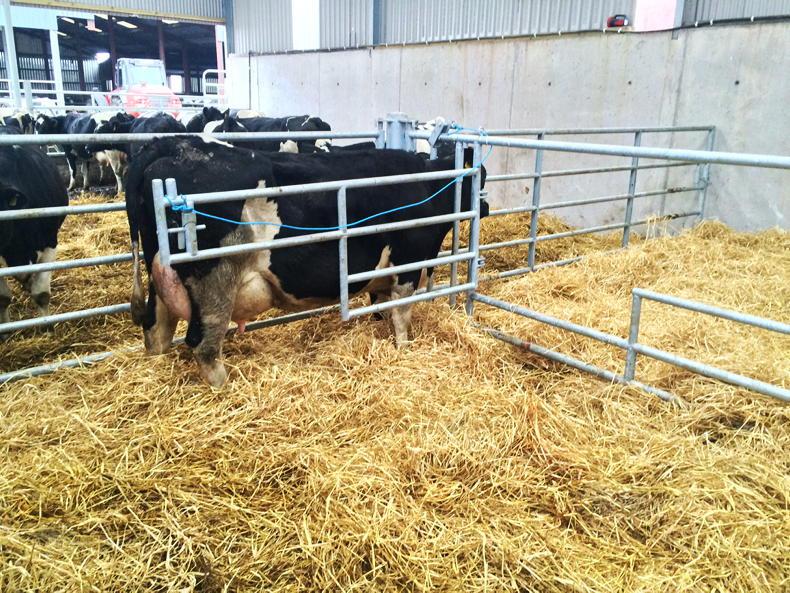
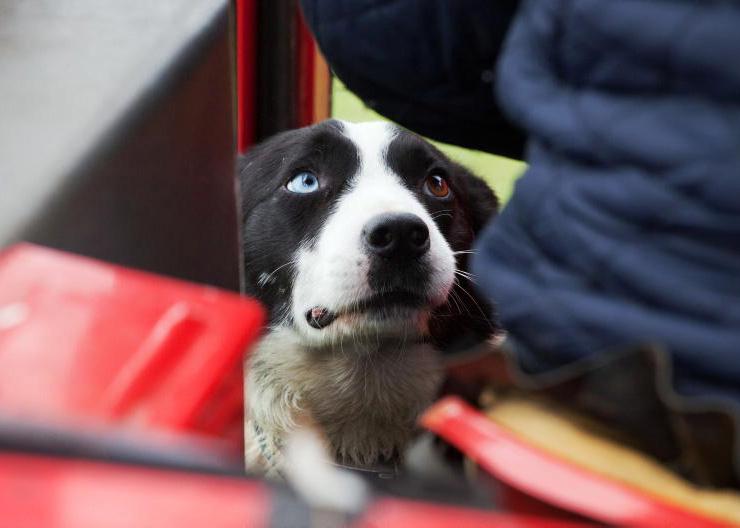
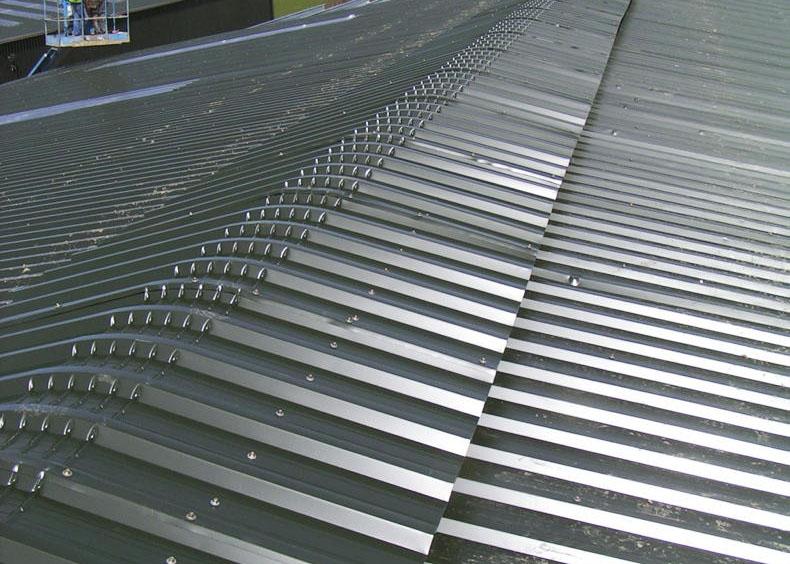
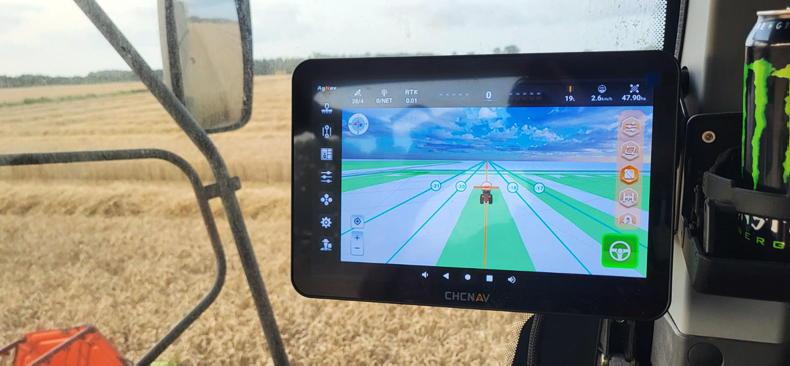
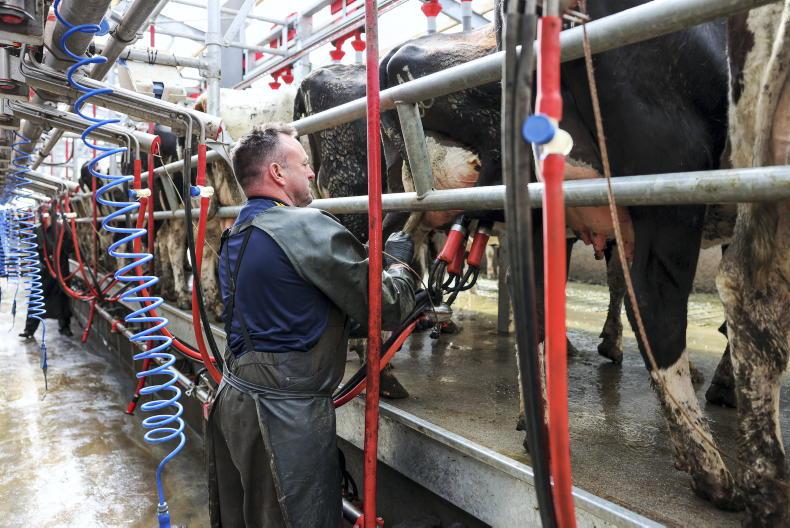
SHARING OPTIONS